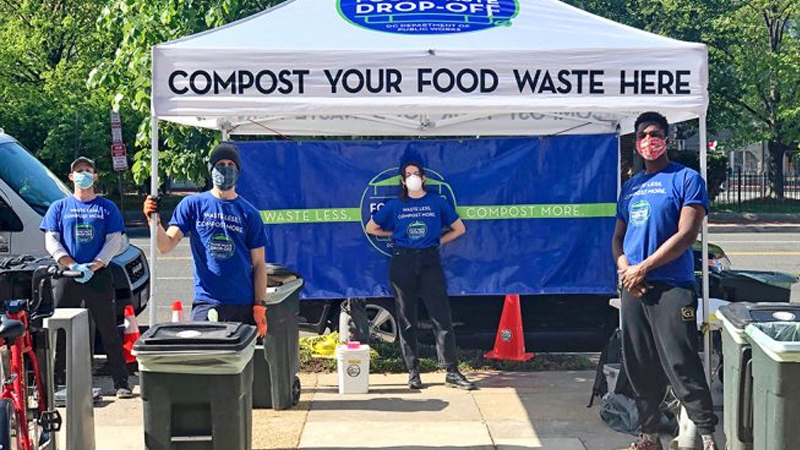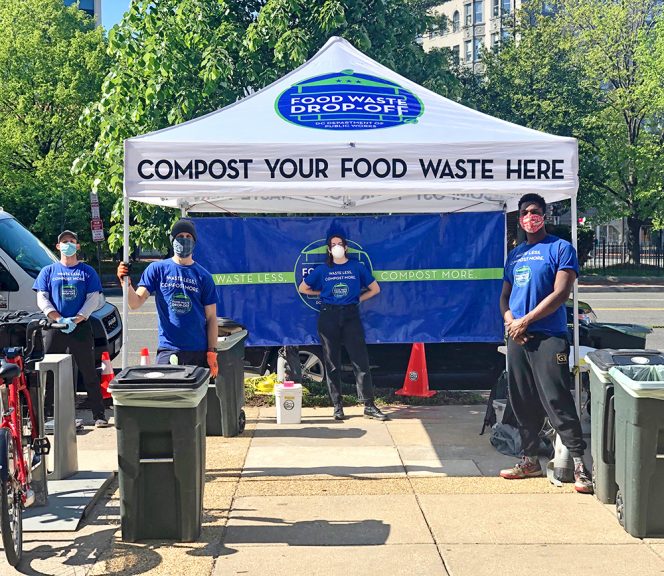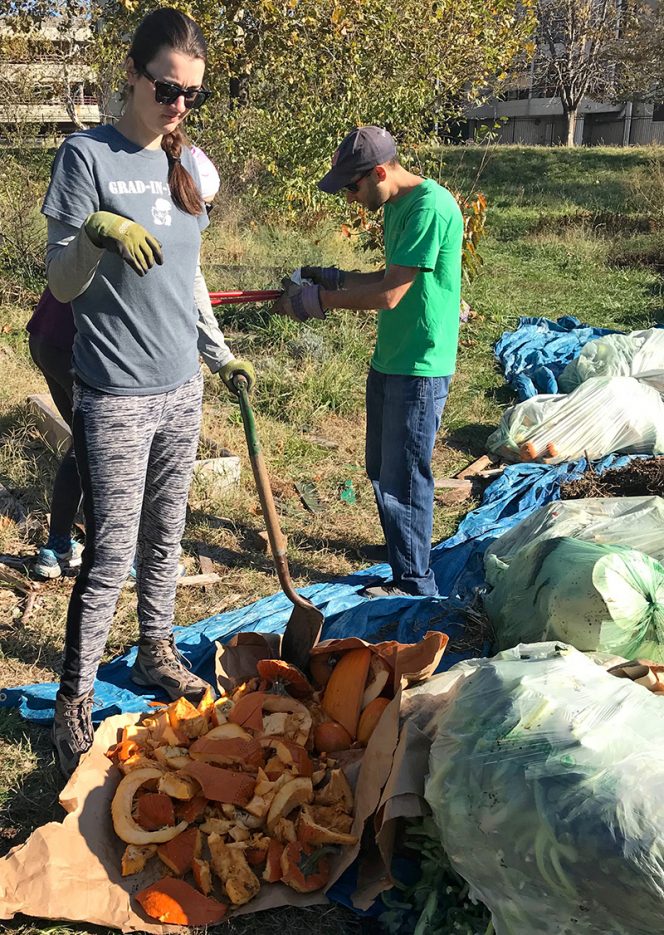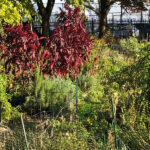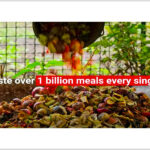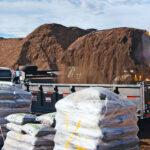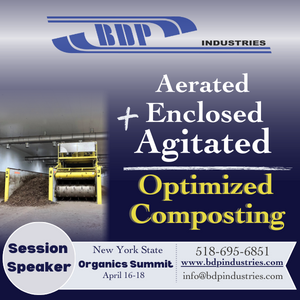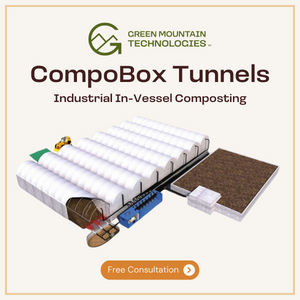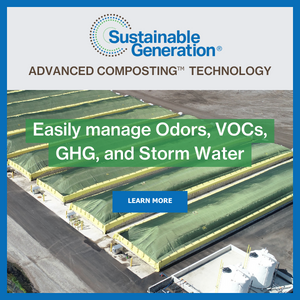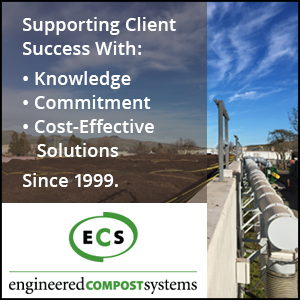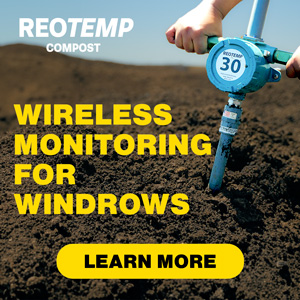
Jeremy Brosowsky
Editor’s Note: This Commentary was posted on Medium.com on April 22nd, the 50th Anniversary of Earth Day.
Three years ago today, on a drizzly Saturday morning on Earth Day 2017, District of Columbia Mayor Muriel Bowser put a ceremonial shovel in the ground at Eastern Market, less than a mile from the U.S. Capitol, and ushered in a new era for sustainability in Washington, D.C. I stood off to the side, smiling at progress.
My sustainability-as-a-service company, Agricity, designed and launched the farmers market composting program that kicked off that day. We’d been working on urban agriculture and organics recycling a lot longer: Compost Cab, our pioneering community composting service, launched back in 2010. The smile that crept across my face that morning three years ago was the kind of smile you only get to smile when years of hard work pays off and the world starts to come around to your way of thinking. The District of Columbia was committing to a free, citywide composting program — and we got to run it!
In the three years between Earth Day 2017 and Earth Day 2020, we welcomed more than 183,000 visitors to our tents through the city’s farmers market drop-off program, and composted more than 1.1 million pounds of food scraps. Let that sink in for a second. With no incentive other than that it’s the right thing to do, thousands of households across our nation’s capital have made a habit of taking their food scraps to market for composting each week. Thousands more have proven willing — eager! — to pay for the convenience of weekly home collection. Others do the work themselves and compost at home. Could we all throw those scraps in the trash at home for free? Sure — but we don’t.
Composting, An Optimistic Act
Composting is an incredibly optimistic act, when you think about it. And proof that individual acts of sustainability add up. When we each do our small part, we benefit individually, and we build a healthier, more sustainable community. The mindset that leads people to compost — we do it because we want to do the right thing for ourselves and our families, and also for the community and the planet — is exactly the mindset that we’ve asked billions of people around the world to adopt to confront the threat and the dislocations of the pandemic crisis.
Composting as a response to the climate crisis is the equivalent of self-quarantining or wearing a mask in public in response to the pandemic — except it’s fun and easy and makes you feel good about yourself. If we’re in the business of focusing on silver linings and making lemonade — and we all should be — then compost should be having its moment. It’s an action everyone can take today.
Why compost? First, composting is good for the environment. Really good, in fact. It’s pretty straightforward. Food scraps in landfills are bad. Food scraps in compost are good.
Sending organic material to a landfill or incinerator is senseless. When food waste breaks down in a landfill, it produces methane, a greenhouse gas at least 28 times worse for the environment than carbon dioxide. We don’t like to think about it, but it’s a fact: every apple core or banana peel or compostable takeout container we toss in the trash, and not in the compost heap, is a small contributor to the climate crisis. If we’re aiming for carbon neutrality, composting at scale is one of the very fastest ways we can move the needle. Progressive municipalities such as San Francisco, Portland, and 100+ others get this.
There are also the environmental benefits of improving the soil. When applied to the land, compost improves water retention, sequesters carbon, and nourishes and enriches the soil to make it more fertile for farming and gardening. Bottom line? Curbside, drop-off, private, public, home-based — all composting is better than landfilling.
Second, composting enables behavioral change and empowers people to live their values. It is a daily and affirmative act of hope and sustainability. When you make composting part of your routine, whether you’re a parent packing a lunch box (remember school?) or a professional chef leading the charge in a commercial kitchen (remember restaurants?), when compost is about food and not just waste, behavior changes. At its core, composting is connected to something that we as humans are conditioned to think of positively. The clarity of the closed-loop system — food waste to compost to food — makes it uniquely powerful. Any child can understand it. Or any grownup, for that matter.
A Path Forward
On April 22nd, we marked the 50th anniversary of the first Earth Day in 1970. Fifty years ago, Earth Day helped lay the groundwork for the passage of the Clean Air, Clean Water, and Endangered Species Acts, as well as the creation of the Environmental Protection Agency. It’s a pretty incredible legacy. There’s a parallel universe where Earth Day gets its due and is treated with the fanfare and enthusiasm we show for “real” holidays like the Fourth of July or New Years. But in this universe, Earth Day 2020 will pass without so much as a community gathering or park cleanup or protest, let alone a party or barbeque.
In this moment, when so much can feel out of our control, composting is action. It is something each and every one of us can do, starting today, and every day, to make the world just a little bit better. And it’s never felt more essential.Composting is our path forward. The sooner we’re all on it together (even six feet apart), the better.
Jeremy Brosowsky is a serial entrepreneur and the founder of Agricity, the sustainability services company. In 2010 he created Compost Cab, a pioneer in local, distributed systems that helped inspire the national community composting movement.


